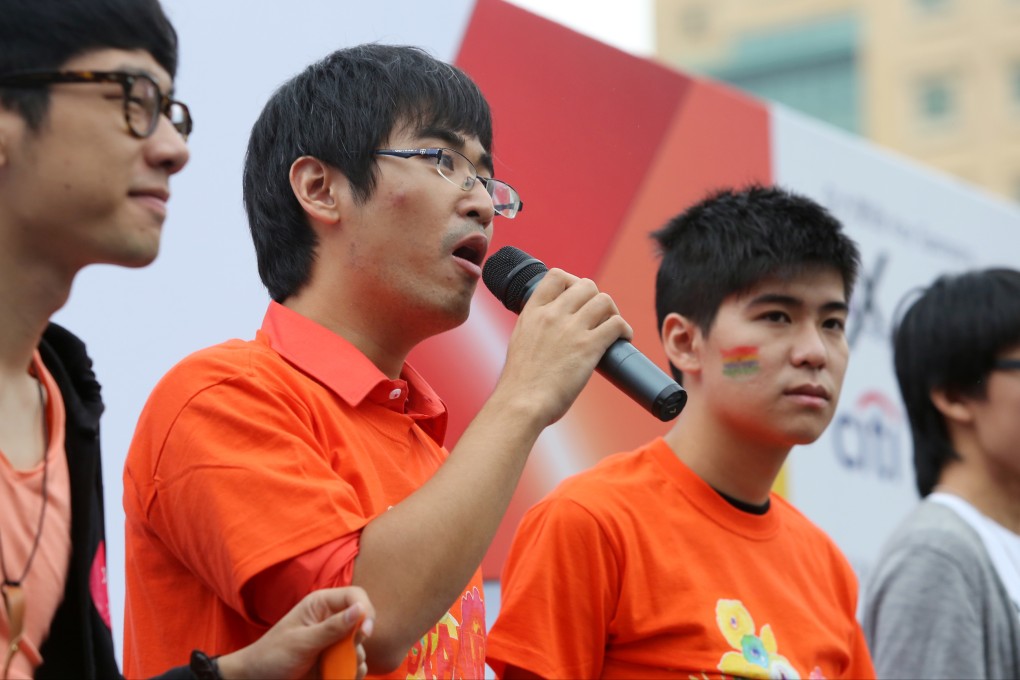Student protest leaders Chow and Shum get back to their studies
Student activists Alex Chow and Lester Shum take time to reflect on academic careers - and the lessons for future democracy campaigns

With the Occupy sit-ins at an end, student leaders are looking to the future - not just for the pro- democracy movement but also for their academic lives.
Weeks after the protest camps were cleared, Federation of Students leaders Alex Chow Yong-kang and Lester Shum are turning their attention to the studies they have put aside in the fight for universal suffrage.
"I need to settle down and reflect on the movement," Shum said. "I want to complete my degree before deciding what I want to do in future."
Shum, who still has two years left of his politics course at the Chinese University, says he realises he needs a solid foundation of knowledge to analyse problems such as Hong Kong's relations with Beijing, as well as models for social movements.
While he is "not ready" to run for election and does not plan to join a political party, Shum may organise a new group to give young people a platform to express their views and take action.
"The Umbrella Movement has exposed the weak organisational ability of civil groups," Shum said. "We can't just rely on the federation alone."